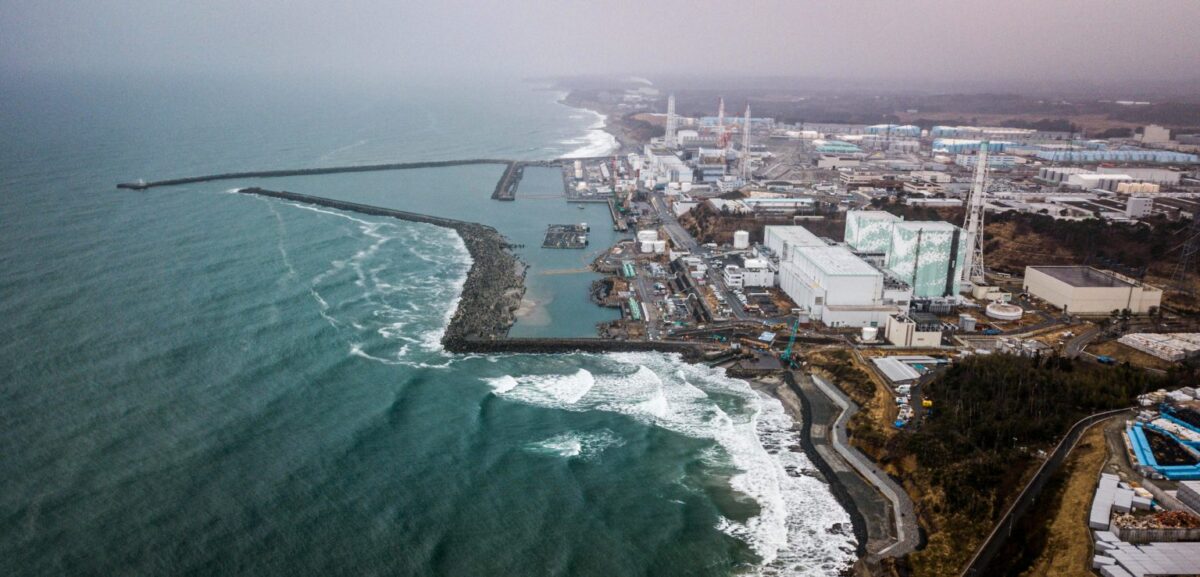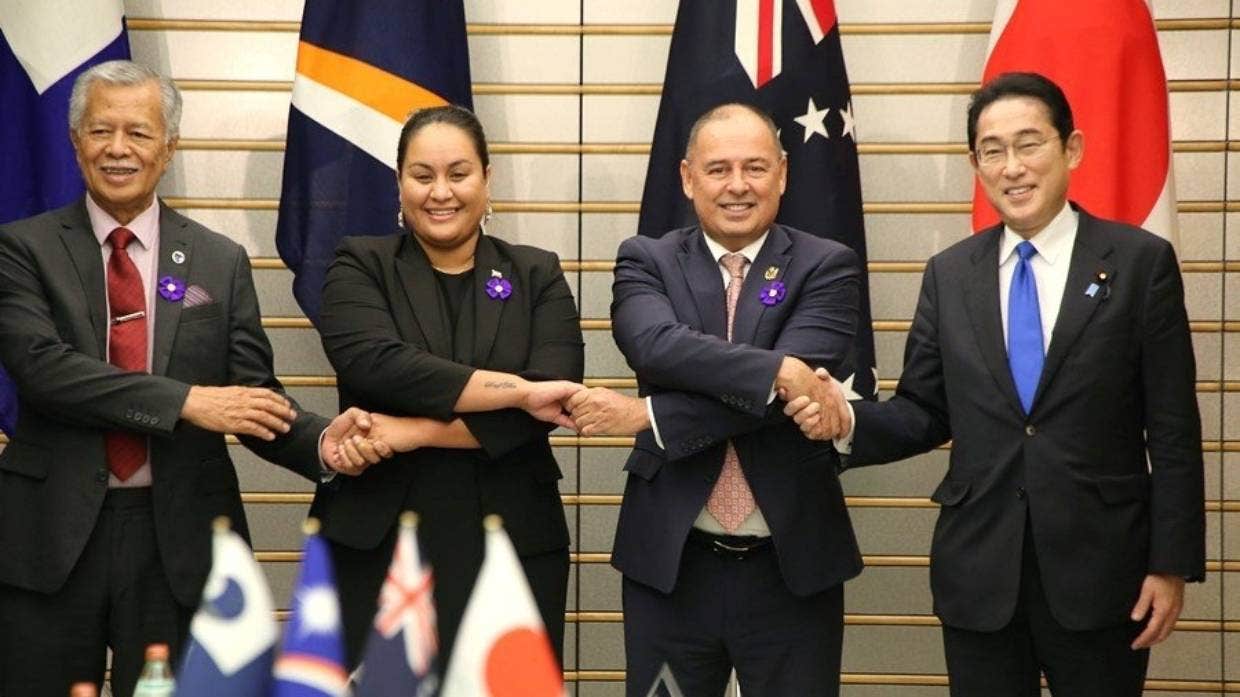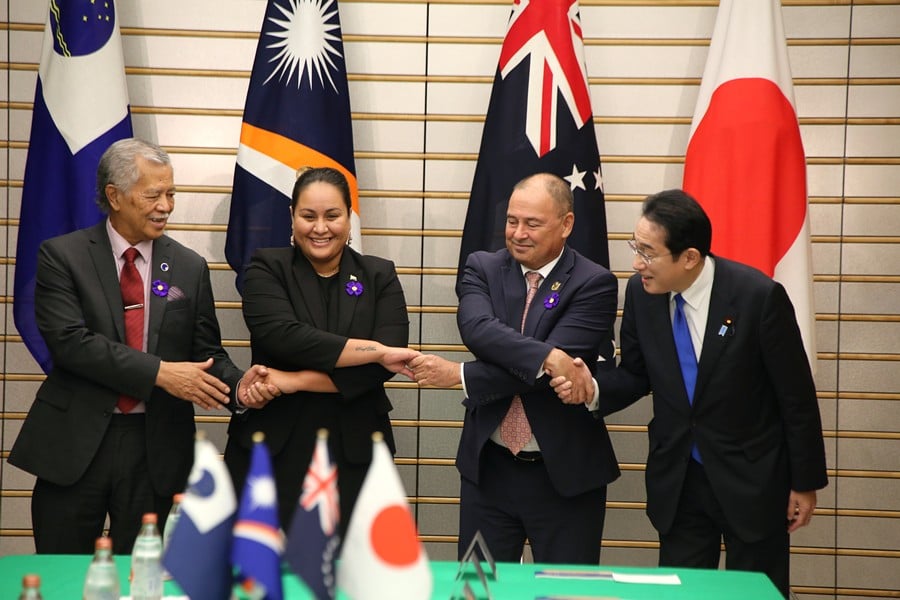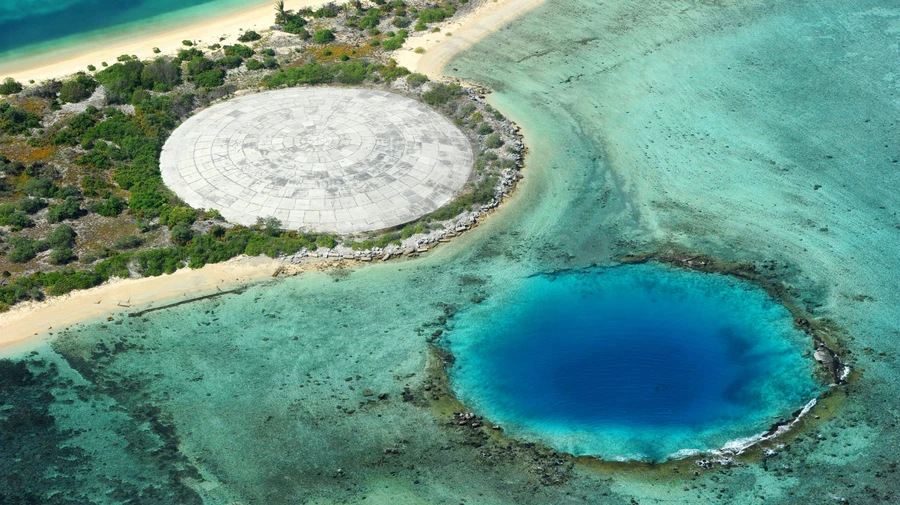Japan revises the plan to discharge treated nuclear water into the Pacific Ocean whilst Pacific fears the discharge may not be safe
Japan says it is adopting a revised action plan on the release of treated, but still radioactive, wastewater from the Fukushima nuclear power plant into the Pacific Ocean this year.
In April 2021, the government and the plant operator, Tokyo Electric Power Company Holdings (TEPCO), announced a plan to release more than 1 million tonnes of water stored in tanks at Fukushima later this year.
The move has met fierce opposition from Pacific and world leaders, fishermen and activists over contamination fears.
In March 2011, a massive earthquake and tsunami struck Japan, leaving close to 16,000 people dead.
Four reactors at Fukushima were shut down after a meltdown released large amounts of radiation. Water used to cool the damaged reactor cores, which remain highly radioactive, has since leaked into the basements of the reactor buildings and has been collected, treated and stored in tanks.
Fukushima has not been in operation since 2011 and, in July 2019, a decision to decommission the nuclear plant was made.
The Japanese government says the stored water at Fukushima is hampering the plant’s decommissioning process and risks leaking if a major earthquake or tsunami struck.
Under the current plan, TEPCO will transport the treated water through a pipeline from the tanks to a coastal facility where it will be diluted with seawater and sent through an undersea tunnel, currently under construction, to an offshore outlet.
The company said the rough winter weather and sea conditions could delay the tunnel progress.
Japan’s Cabinet Secretary Matsuno Hirokazu told reporters in Tokyo that the government was revising the timing of the release.
Hirokazu said this included efforts to ensure safety measures and to financially support the local fishing industry.
The new release target is “around spring or summer this year”, he said.
TEPCO president Kobayakawa Tomoaki said despite the government’s new timing for the wastewater release, his company “still aimed to have the facility ready by the spring”.
Tomoaki also said there was a lack of local understanding about the release and pledged to continue efforts to ease safety concerns.
Pacific leaders, including New Zealand, have urged Japan to delay the release over fears the discharge may not be safe.
Pacific Islands Forum Secretary-General Henry Puna told Stuff, Tokyo had failed to communicate and be transparent about the discharge.
Puna said the Pacific is concerned because the matter “strikes at the very heart of our Pacific people, and we will not let it go”.
The release plan has also been condemned by fishermen, local residents and Japan’s neighbours, including China and South Korea.
Environmentalists warn that the agricultural and fishing products in Fukushima will be further damaged.
But the Japanese government says most of the radioactivity is removed from the water during treatment.
However, tritium cannot be removed, and low levels of some other radionuclides also remain, scientists said.
Tokyo and TEPCO are both adamant the environmental and health impacts will be “negligible” after further treatment and dilution by large amounts of seawater.
But some scientists have warned that the impact of long-term, low-dose exposure to tritium and other radionuclides on the environment and humans is still unknown.
They say the release plan should be delayed because the tritium will affect humans more when consumed in fish.
Japan said it is co-operating with the International Atomic Energy Agency to increase the safety, transparency, and understanding of the water discharge plan.
An IAEA team visited Japan for talks and plant inspections and the agency will release its findings before Japan’s planned release begins.
This story was written by Christine Rovoi, originally published at Stuff NZ on 25 January 2023, reposted via PACNEWS.




